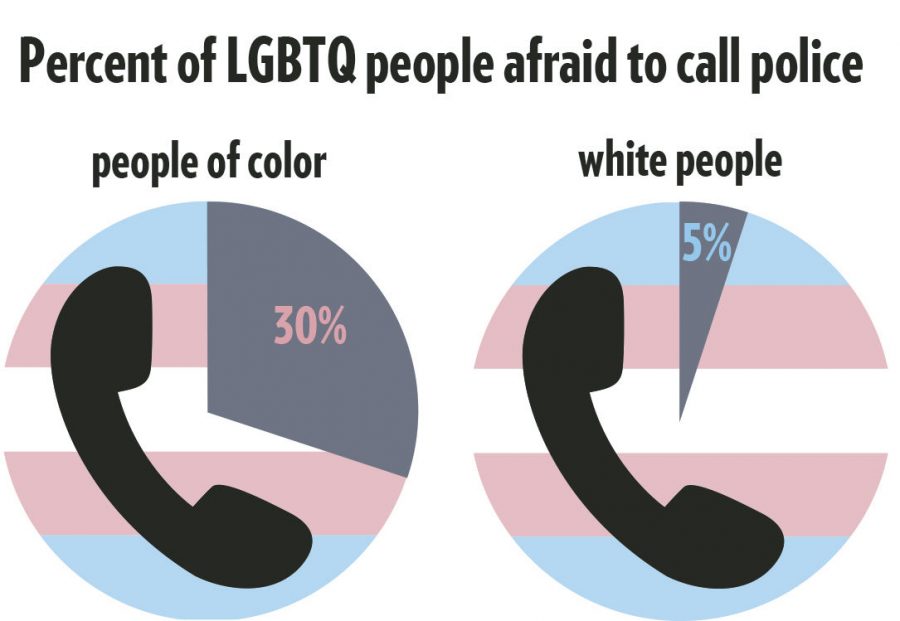EDITORIAL: Recognizing discrimination can help end violence against trans people
Recognizing discrimination can help end violence against trans people
October 22, 2018
Ciara Carter, a transgender woman of color, was killed in Garfield Park Oct. 3. She was the 22nd trans person known to have been murdered this year and the second trans woman of color killed in Chicago since Aug. 31. This does not account for undocumented cases of violence against transgender people, which means the actual number may be higher.
According to the Human Rights Campaign, at least 29 transgender people were killed in the U.S. in 2017 with violence—the most ever recorded. From the details of the cases, the reports disproportionately affected transgender women of color. “The intersections of racism, sexism, homophobia and transphobia conspire to deprive them of employment, housing, healthcare and other necessities, barriers that make them vulnerable,” the Human Rights Campaign stated.
It is abundantly clear transgender people are at risk in our country, especially those who are also people of color, and we need to be better educated and informed to best help them and end discrimination. We need action now, before the violence gets worse.
According to a November 2017 study by the Harvard T.H. Chan School of Public Health, the Robert Wood Johnson Foundation and NPR, LGBTQ people of color face more discrimination than their white counterparts.
Nearly one in three LGBTQ people of color reported employment discrimination. LGBTQ people of color are six times more likely to be afraid to call the police, fearing discrimination by officers.
Trans people, because of their marginalized status, may be forced into certain dangerous situations, such as unemployment and homelessness. We often walk by homeless people on the street without giving thought to how they ended up in that situation. And because it’s not directly affecting us, we may not do anything about it.
Society should start by educating children at a young age about transgender rights and discrimination. Make it a part of everyday academia, and understand when a hate crime is happening. Teaching these issues can help the next generation grow up without misconceptions about the LGBTQ community.
We need to call discrimination what it is to try and put a stop to it. We need to create more diverse workplaces where transgender people aren’t facing discrimination or homelessness because of their status. We need to change the culture of hate.
Transgender people and LGBTQ people face discrimination every day in a physically violent environment. This is a life or death situation, and we must create a culture in which hate is not allowed. That way, in the future, people like Ciara Carter aren’t killed for being who they are.








